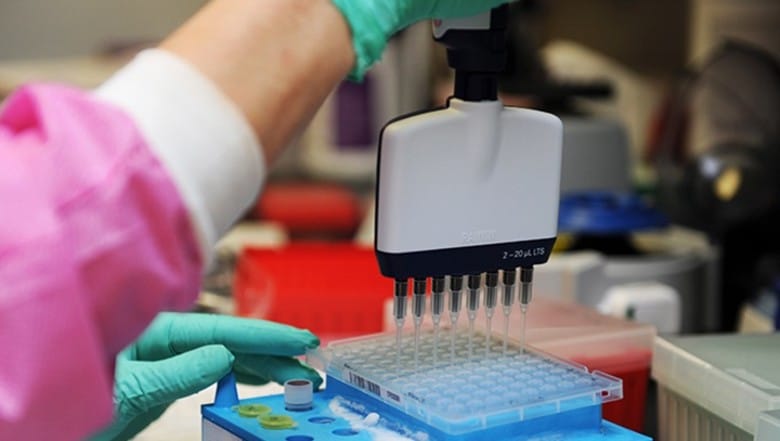What is genetic evaluation? And how can it benefit you and your family?
Genetic disorders can be detected and diagnosed in a variety of ways. Through genetic evaluation, you can determine whether or not your genetic disorder will be passed onto the next generation.
Genetic disorders aren’t always inherited. In some cases, acquired changes or mutations to genes can cause genetic disorders to develop. Genetic evaluation can help to determine if you are likely to develop a genetic disorder — or how likely you are to pass an existing condition onto the next generation.
Genetic evaluation, or testing, is a tool that medical professionals use to confirm and analyze a genetic disorder. This evaluation is the result of the measuring of changes in your genes, chromosomes and proteins. The genetic evaluation can help diagnose and detect genetic disorders in an individual. But the results often provide even more valuable insight than whether or not you have a genetic disorder.
Genetic evaluation also determines the likelihood of your ability to pass a genetic disorder onto the next generation. This is particularly valuable if you are diagnosed with a genetic disorder and are interested in starting your own family. It is important to understand the likelihood that your offspring will inherit your unique genetic disorder or condition. This will help you determine the best and safest course of treatment to ensure a healthy pregnancy.
If your parent(s) or other family member(s) are diagnosed with a genetic disorder, consult your doctor about whether or not genetic evaluation can benefit you.
Related posts
Categories
Archives
- August 2021 (1)
- June 2021 (1)
- May 2021 (1)
- April 2021 (1)
- March 2021 (1)
- February 2021 (1)
- January 2021 (1)
- December 2020 (1)
- November 2020 (1)
- October 2020 (1)
- September 2020 (1)
- August 2020 (1)
- July 2020 (2)
- June 2020 (3)
- May 2020 (2)
- January 2020 (3)
- January 2017 (2)

